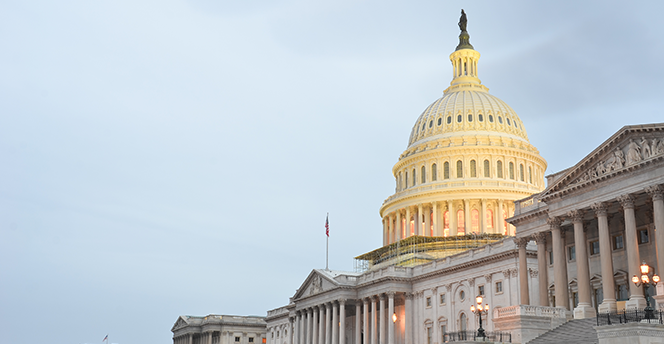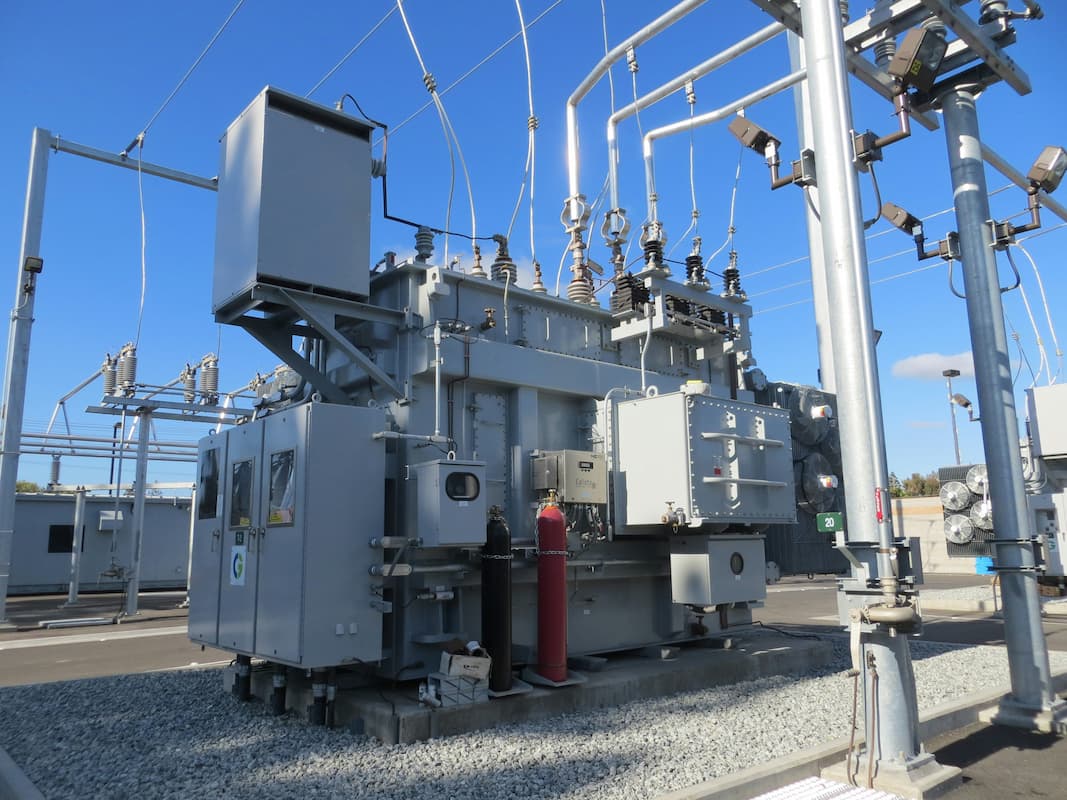Building Energy Codes and the SAVE Act: Two Good Things That Are Even Better Together
Let's Save Energy
Alliance to Save Energy's Blog

This week, the Senate took up and began consideration of S. 2012, the Energy Policy Modernization Act of 2015. And things got off to a promising start. Some of the first action on the bill involved bipartisan votes on amendments sponsored by Republicans and Democrats alike. On Thursday, January 28, Sen. Johnny Isakson (for himself and Sens. Michael F. Bennet, Rob Portman, and Jeanne Shaheen) introduced S. Amdt. No. 3042, which would add provisions based on the SAVE Act to the bill. The SAVE Act has been an Alliance legislative priority for some time.
The Alliance considers the Sensible Accounting to Value Energy (SAVE) Act to be among the best proposals for expanding energy efficiency opportunities in the residential sector. Residential buildings make up a significant portion of our built environment, which is the nation’s greatest energy-consuming sector. If passed, the SAVE Act would incorporate energy efficiency into residential mortgage underwriting. This, in turn, would ensure that homeowners fully realize a monetary return on investment in energy efficiency. In other words, the SAVE Act would save homeowners money in the long run.
As with many things, energy efficiency benefits accrue at a faster rate when complementary technologies or policies are in play at the same time. The whole is greater, as they say, than the simple sum of its parts. If the Senate adopts Sen. Isakson’s SAVE Act amendment, it would build upon the strong energy efficiency provisions—especially related to building energy codes—already embedded in S. 2012. That would lead to the best possible deal for American homeowners because it would maximize the value of energy efficiency in a policy context that emphasizes high-efficiency homes. Put simply: more savings for everyone and a reduced carbon footprint to boot.
No other policy comes close to the potential for savings than those offered by building energy codes. Robust energy codes, regularly updated, give homeowners confidence that their homes are built to minimize waste and, therefore, maximize savings. Furthermore, efficient, code-compliant homes give homeowners the greatest control over their energy usage, regardless of electricity or natural gas prices.
Combined with the building energy code provisions in S. 2012, the SAVE Act would ensure that homeowners realize the full value of their investments in efficiency. We hope the Senate maintains the commitment to building energy codes baked into S. 2012. We further hope that senators think of homeowners and understand their interests in fully realizing returns on investments in energy efficiency. This can best be done by adopting the SAVE Act amendment offered by Sen. Isakson and his colleagues.
A snowball effect of savings would ensue, the likes of which has not been seen in Washington…in about a week.
RECENT BLOG POSTS
STAY EMPOWERED
Help the Alliance advocate for policies to use energy more efficiently – supporting job creation, reduced emissions, and lower costs. Contact your member of Congress.
Energy efficiency is smart, nonpartisan, and practical. So are we. Our strength comes from an unparalleled group of Alliance Associates working collaboratively under the Alliance umbrella to pave the way for energy efficiency gains.
The power of efficiency is in your hands. Supporting the Alliance means supporting a vision for using energy more productively to achieve economic growth, a cleaner environment, and greater energy security, affordability, and reliability.



